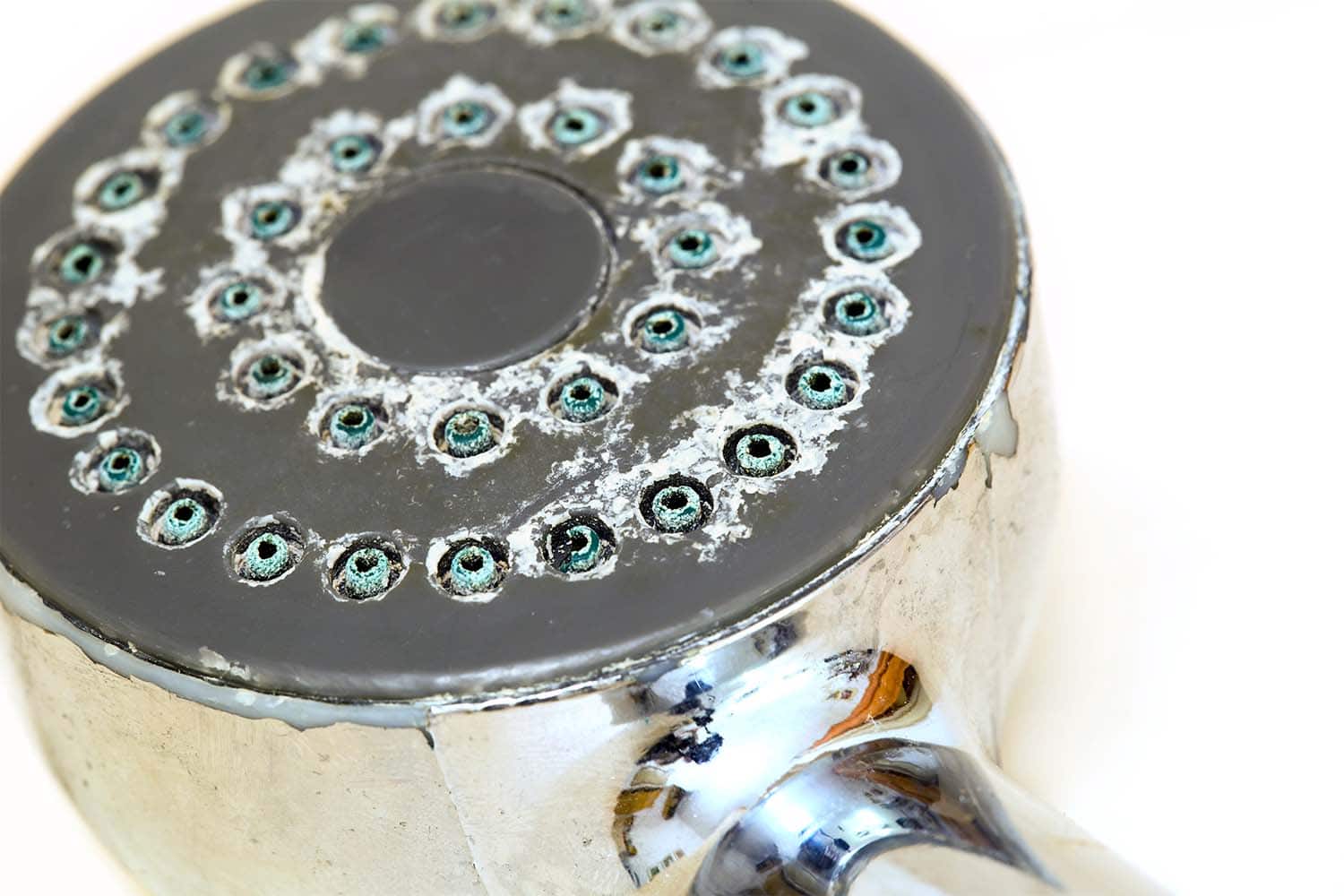The water we use to wash the dishes, take a shower, and brush our teeth should be healthy and beneficial to us. Many of us fall on the wrong side, choosing hard water as our source, which has various disadvantages and consequences.
What is Hard Water?
Hard water contains dissolved minerals such as magnesium and calcium, while soft water does not contain any dissolved minerals. Hard water is usually talked down on because it’s, you guessed it, hard. It’s harsh on pipes, appliances, dishes, clothes, skin, hair, you name it.
Let’s go into more detail on how disadvantageous hard water may actually be.
The Disadvantages of Hard Water
Skin Irritation — Showering with hard water may come with certain consequences: one of them being dry skin. The chemicals in hard water cause our skin to go dry and may be especially unfavorable to those with eczema. Soft water is more delicate to the skin, rather than leaving residue or causing dryness.
Dry Hair — Having hard water come from your showerhead also affects the healthiness of your hair. Just like on the skin, hard water leaves residue and dries out hair.
Harmful Chemicals — Arguably one of the most prominent disadvantages of hard water is its harmful chemicals. Oftentimes, water treatment plants use chlorine to get rid of bacteria, viruses, etc. However, chlorine in the water supply may be harmful to humans and cause other health issues, as it is not meant to be ingested or used in homes.
The addition of chlorine into our water sometimes produces other harmful byproducts and creates even more contamination.
Scaling — A leading characteristic of hard water is its stains. You can easily tell the difference between hard and soft water by how a glass cup appears after being washed, or how your faucet might look after a leak. That gross buildup is what hard water leaves behind: deposits, such as limescale.
Not only are deposits visually unappealing, but they lead to many issues that we’ll cover.
Deposits cause blockage and corrosion — Specifically in pipes, hard water deposits like limescale may lead to blockage or corrosion. This, in and of itself, is an issue. However, this may also lead to pipe bursts over time. It’s a hassle to deal with a burst and have to replace your pipes simply because of the water that runs through them.
Loss of energy efficiency — Limescale or other deposit buildups may also cause a decrease in energy efficiency. For example, more energy ends up being used by water heaters due to buildup that delays heating. This pertains to various appliances that slow or lose efficiency with deposit buildup.
Discoloring — As for hard water’s effects on appliances like washing machines, discoloring is something to watch out for. The minerals of hard water gray out the dye in clothing, which you might begin to notice after washing your laundry with hard water for a while.
What Now?
If you have soft water at your home, you’re in luck. Soft water has many benefits and avoids a lot of the issues that come with hard water. However, those who have hard water at home, are also in luck.
This is because, although it may seem daunting, it’s actually fairly easy to soften your water supply. Many do this by purchasing a water softener, which removes the minerals from the supply. No more pipe blockage, dry skin, and faded clothes!
Call B&D Industries for all Your Plumbing Needs
For more than 670 years, B&D has worked tirelessly to provide residents in the southwest with a wide range of services to keep their homes running smoothly. Everything from pump replacements, sewer line repairs, clogged drains, and 24-hour emergency service, we’re the go-to for residential and commercial repairs. Call us to book an appointment today!


